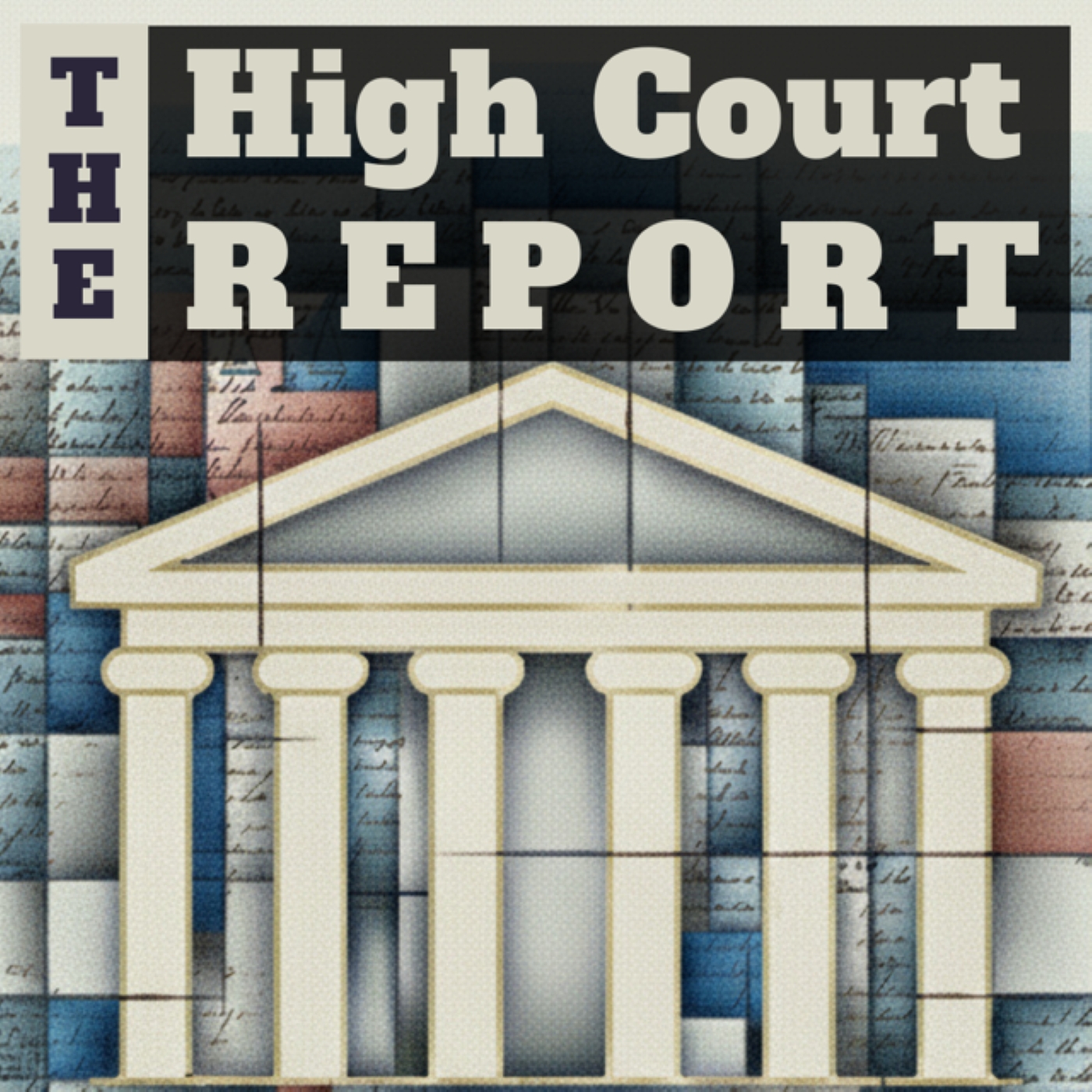Episode 8
Oral Argument: San Francisco v. EPA | Case No. 23-753 | Date Argued: 10/16/24
Case Info: San Francisco v. EPA | Case No. 23-753 | Date Argued: 10/16/24 | Date Decided: 3/4/25
Link to Docket: Here.
Background:
Congress designed the Clean Water Act (CWA or the Act) to ensure that anyone holding a discharge permit issued under the Act has notice of how much they must control their discharges to comply with the law. The CWA requires that the U.S. Environmental Protection Agency (EPA) and authorized states provide this notice by prescribing specific pollutant limitations in the National Pollutant Discharge Elimination System (NPDES) permits they issue. Consistent with its text, this Court and the Second Circuit have read the Act to require EPA and states to develop specific limits to achieve goals for surface waters, called water quality standards.
Parting with these decisions, the Ninth Circuit held here that EPA may issue permits that contain generic prohibitions against violating water quality standards. Rather than specify pollutant limits that tell the permitholder how much they need to control their discharges as required by the CWA, these prohibitions effectively tell permitholders nothing more than not to cause "too much" pollution. These generic water quality terms expose San Francisco and numerous permitholders nationwide to enforcement actions while failing to tell them how much they need to limit or treat their discharges to comply with the Act.
Question Presented: Whether the Clean Water Act allows EPA (or an authorized state) to impose generic prohibitions in National Pollutant Discharge Elimination System (NPDES) permits that subject permit holders to enforcement for exceedances of water quality standards without identifying specific limits to which their discharges must conform.
Holding: Section 1311(b)(1)(C) does not authorize the EPA to include “end result” provisions in NPDES permits. Determining what steps a permittee must take to ensure that water quality standards are met is the EPA’s responsibility, and Congress has given it the tools needed to make that determination.
Result: Reversed and remanded.
Voting Breakdown: Justice Alito delivered the opinion of the Court, in which Chief Justice Roberts and Justices Thomas and Kavanaugh joined. Justice Gorsuch joined as to all but Part II. Justices Sotomayor, Kagan, Barrett, and Jackson joined as to Part II. Justice Barrett filed an opinion dissenting in part, in which Justices Sotomayor, Kagan, and Jackson joined.
Link to Opinion: Here.
Oral Advocates:
- For petitioner: Tara M. Steeley, Deputy City Attorney, San Francisco, Cal.
- For respondent: Frederick Liu, Assistant to the Solicitor General, Department of Justice, Washington, D. C
Website Link to Oral Arguments: Here.
Apple Podcast Link to Oral Arguments: Here.
